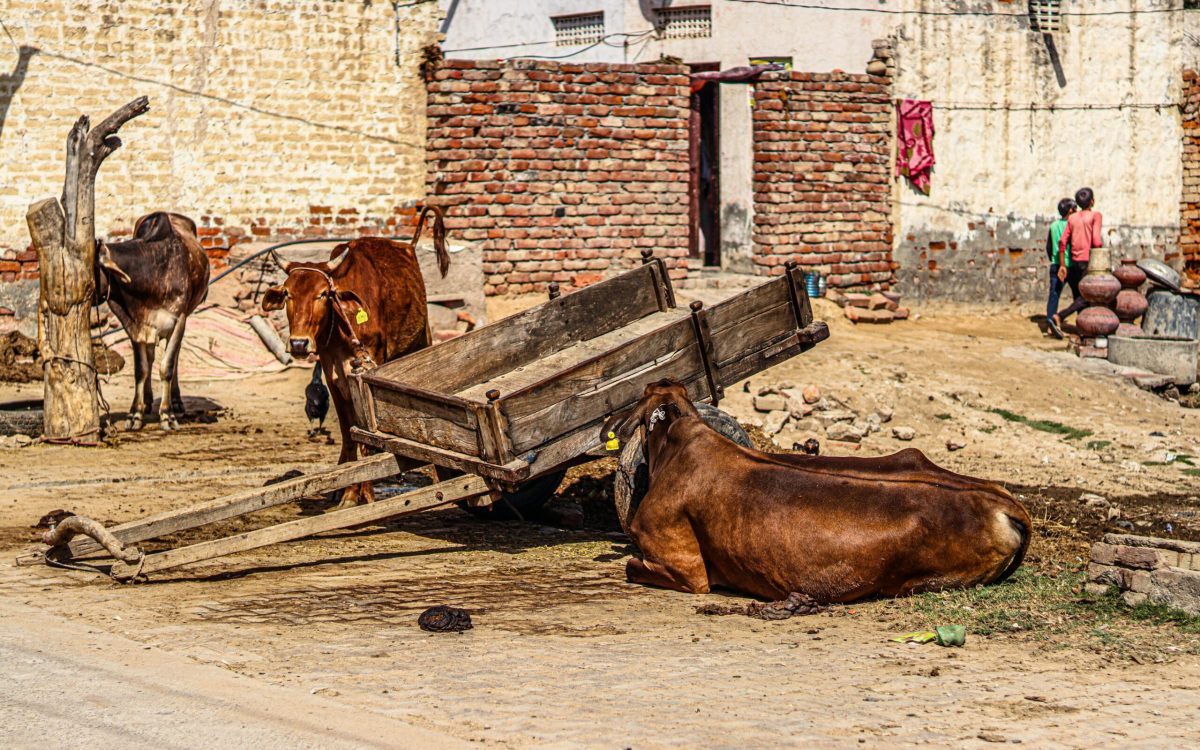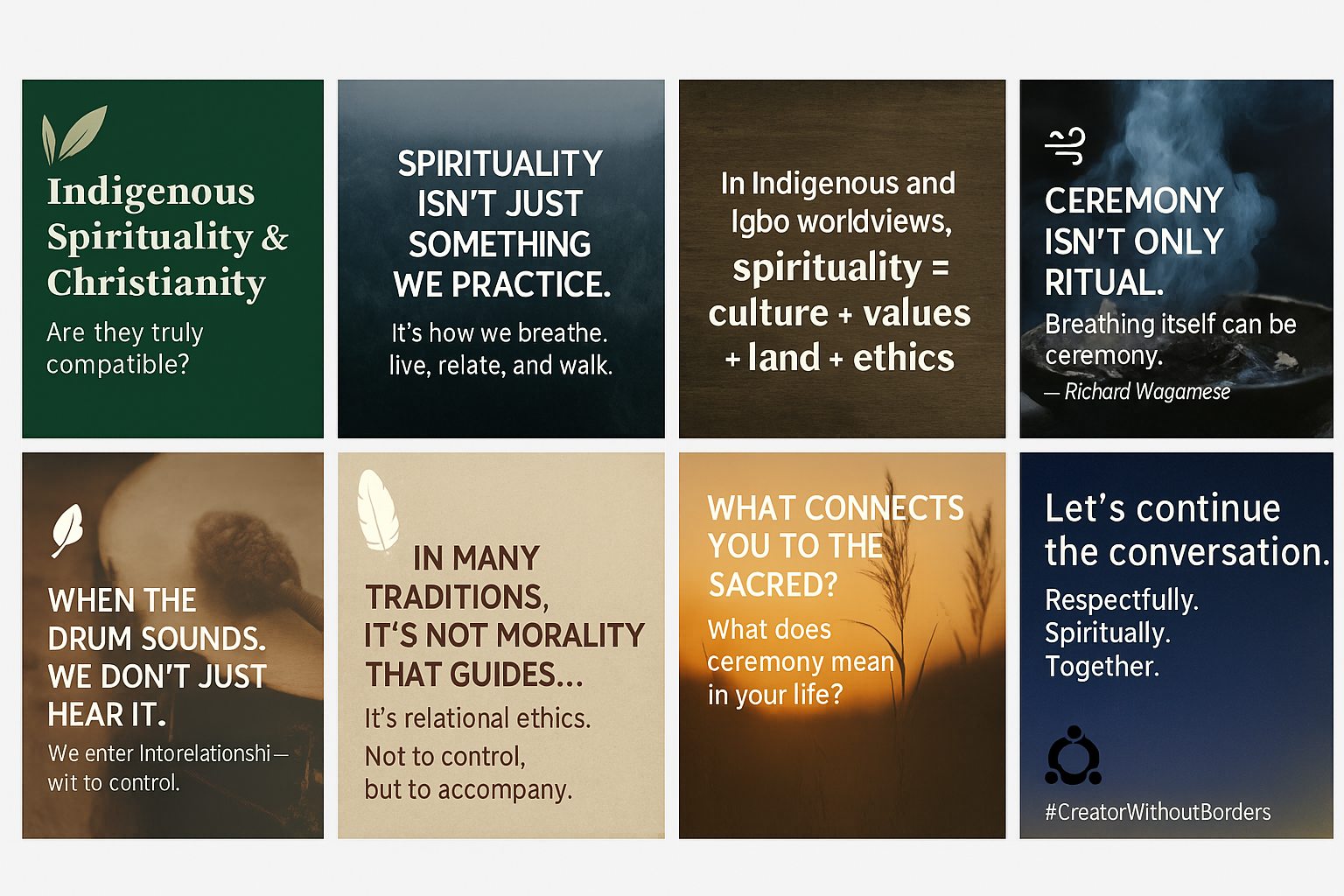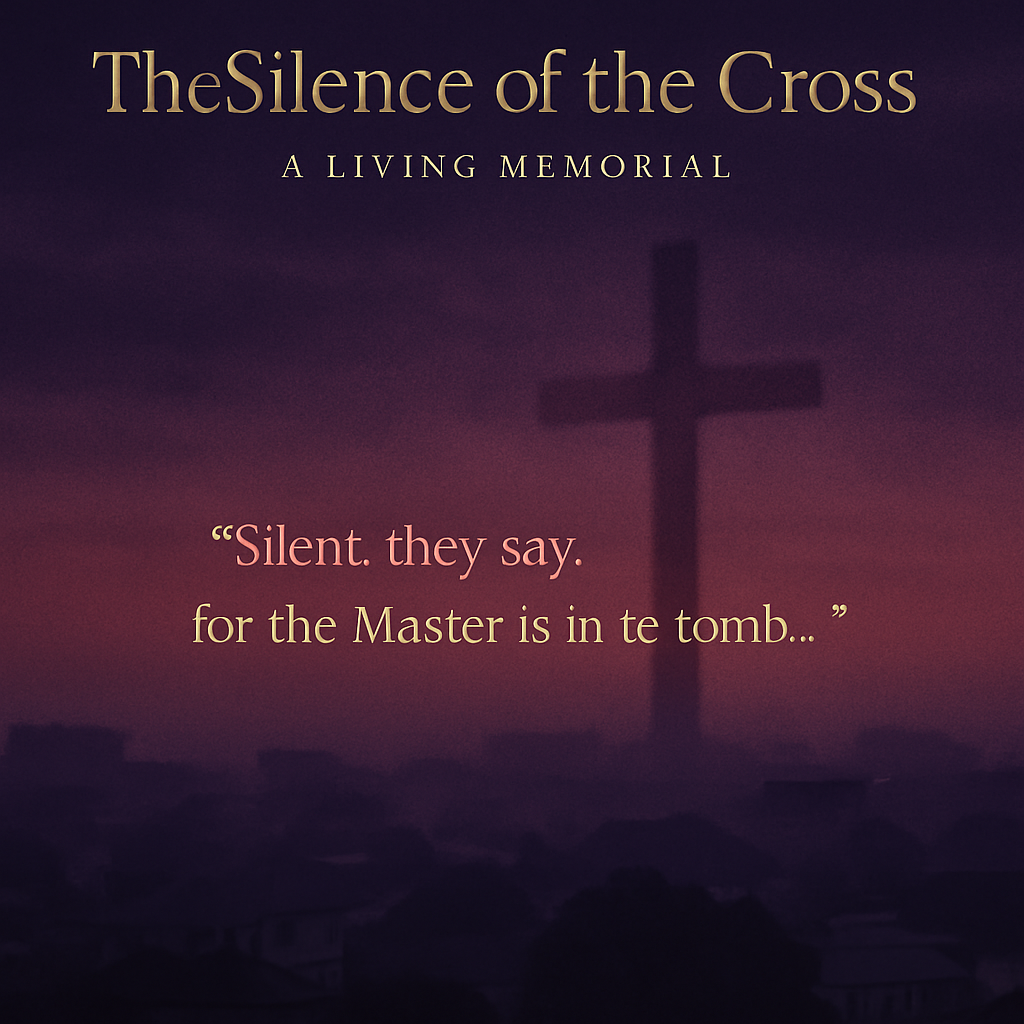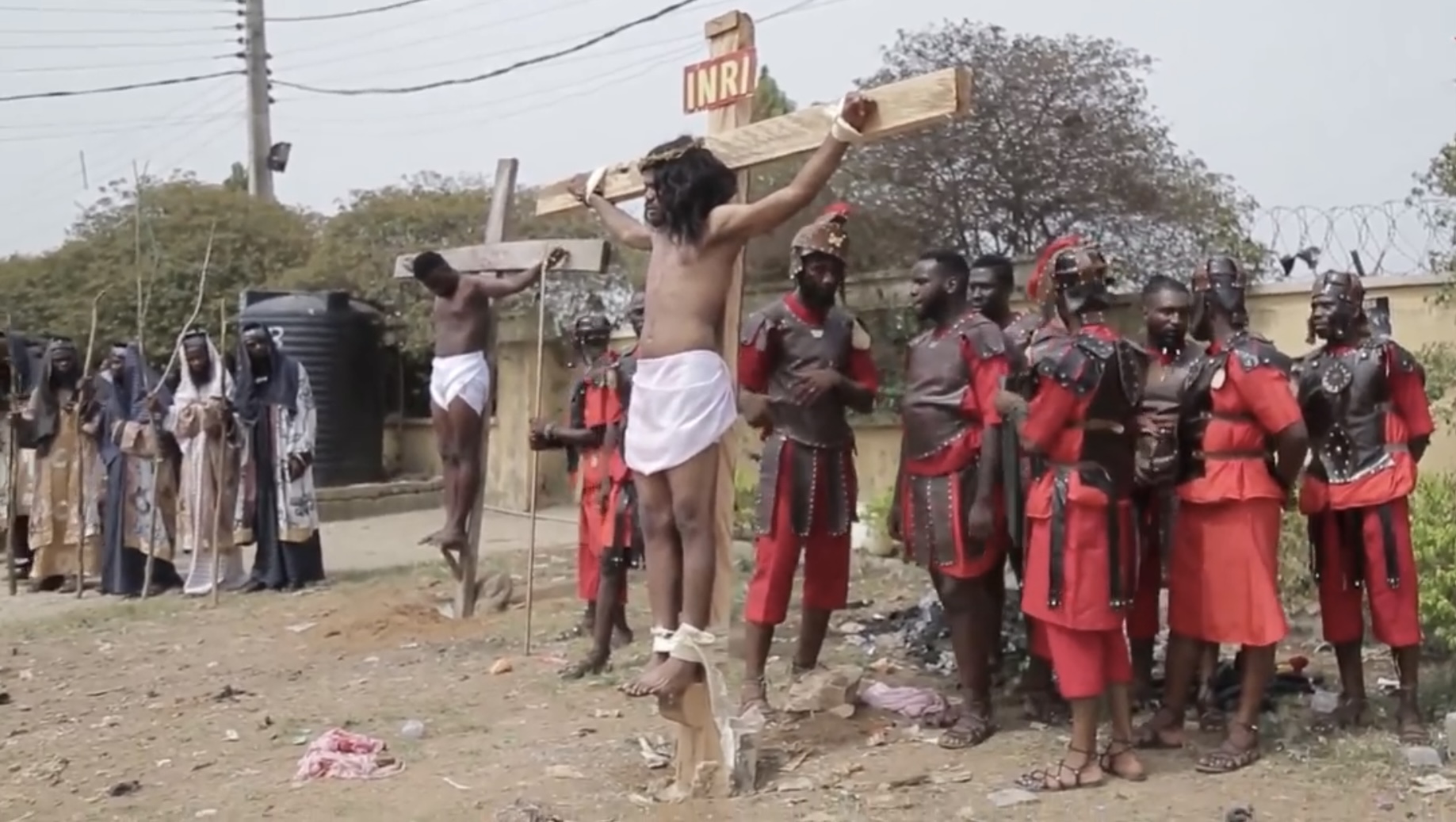The caste system is an artificial construction, a fixed and embedded ranking of human value that sets the presumed supremacy of one group against the presumed inferiority of other groups on the basis of ancestry and often immutable traits, traits that would be neutral in the abstract but are ascribed life-and-death meaning in a hierarchy favouring the dominant caste whose forebears designed it.
I’ve watched countless historical films and documentaries, yet not once did I shed a tear. I’ve always been able to keep my distance, to stay detached, even in the face of the most tragic of stories. But this night was different. That night, everything changed. After hearing Ava DuVernay speak with such passion in her MasterClass, I was drawn to watch her latest film, Origin (2023). I thought I knew what to expect. I thought it would be a beautifully crafted story, moving perhaps, but I never imagined it would completely shatter me.
But that’s what Origin did. It broke me. I cried, not just tears of sadness but tears of frustration, anger, and disbelief. I cried because I couldn’t comprehend the cruelty that Ava so unflinchingly exposed. From North America to India to Nazi Germany, the patterns were creepily similar: human beings reduced, objectified, and caged by systems designed to keep them down. It was as though DuVernay had pulled back a curtain, showing us something we’ve all known but never truly seen. And once you see it, you can’t unsee it.
There was one scene in particular that left me undone. It was neither the concentration camp nor the infernal transatlantic passage. It was not also the dehumanized situation of the Indian Dalits. It was rather about a small boy. His body, so thin and fragile, was ridiculed and treated as less than human. The adults around him—adults who should have known better—saw him as a threat, as something impure. They excluded him and fenced him off from the world as if his very presence could contaminate them. They believed he could soil an entire swimming pool simply by existing near it. Not only that, but they did this in front of other children, reinforcing the hatred, teaching it, and perpetuating it. As I watched, my heart ached. I wanted to scream, to turn away, to somehow undo the harm I was witnessing. But I couldn’t. I just sobbed.
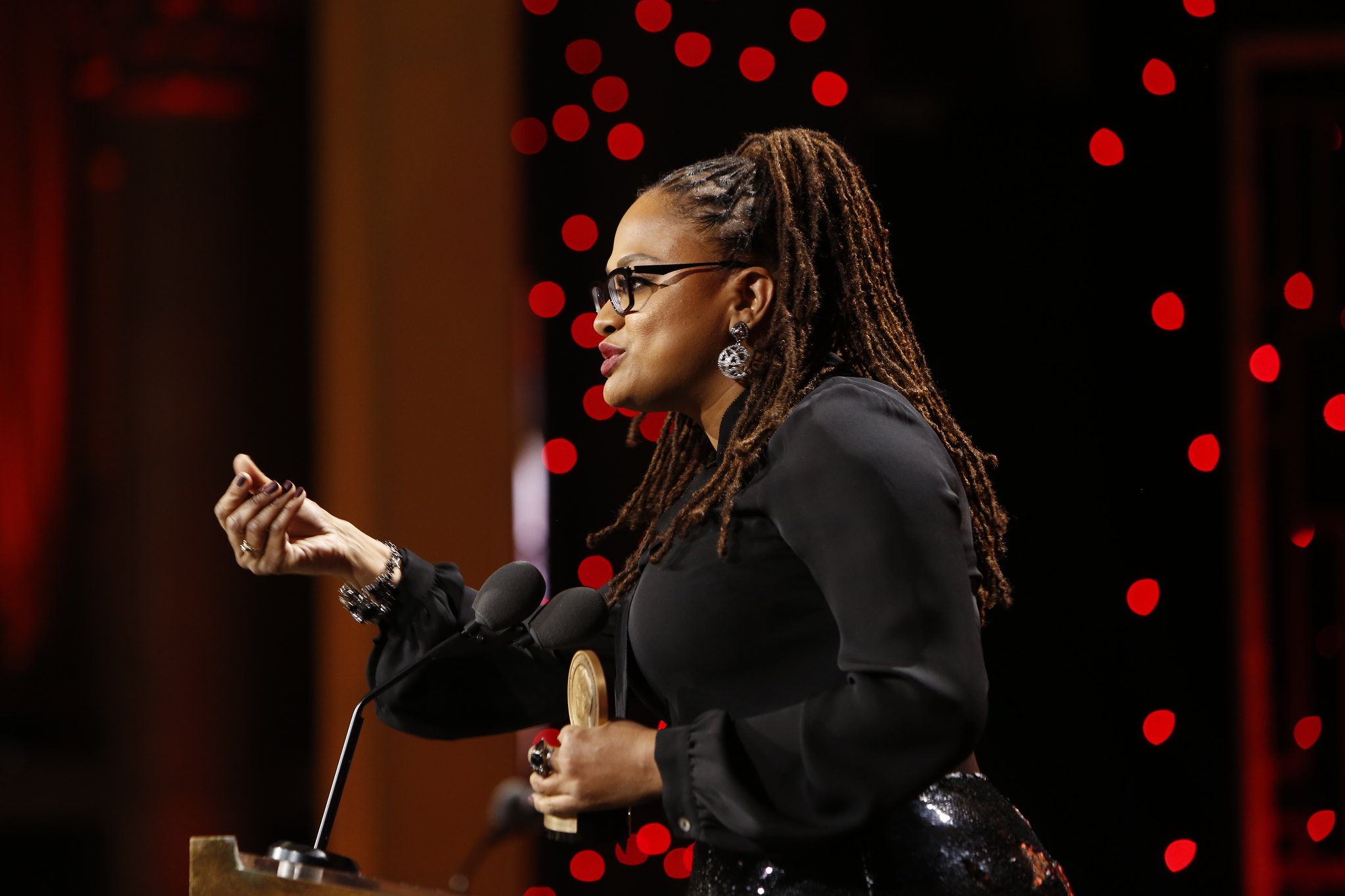
If you haven’t seen Origin (2023), it’s Ava DuVernay’s latest masterwork. Born on August 24, 1972, in Long Beach, California, DuVernay has long been a storyteller who plunges into the darkest parts of the human experience. She’s known for films like Selma (2014), a stunning portrayal of the civil rights movement, and 13th (2016), a documentary that lays bare the racial injustices of mass incarceration. With Origin, she continues to break new ground, pushing boundaries and forcing us to look at uncomfortable truths.
But Origin is different. It’s an adaptation of Isabel Wilkerson’s Caste: The Origins of Our Discontents, and through this film, DuVernay doesn’t just examine race—she digs deeper into the caste systems that shape our world. Caste is the invisible thread that binds together the stories of oppression, injustice, and exclusion. It’s not just an American issue, as many might initially believe. DuVernay connects the dots between the experiences of African Americans, the Dalits in India, and the Jewish people during the Holocaust. The message is clear: this is a global issue, a human issue. It is also the problem of the LGBTQ2S, the Indigenous people of North America, the kids and women in Congo, etc.
Watching Origin, you feel as if Ava DuVernay is asking more of you than to simply watch the film. She wants you to wrestle with it. At first, you think you know where the story is going—a familiar narrative of American racial history. But she quickly pulls you in another direction. The film shifts, taking you across oceans and into different cultures, confronting you with the same horrifying reality. This isn’t just about race; it’s about power—about the systematic ranking of human value, where some are considered inherently worthy and others as fundamentally lesser.
Through Wilkerson’s words, DuVernay challenges us to reconsider everything we thought we understood about racism. Wilkerson makes the bold claim that “racism” has become a shorthand, a simplistic way to explain complex injustices. In reality, what we’re facing is a caste system—an ancient hierarchy that transcends race and nation. A caste system isn’t just about skin colour or ethnicity; it’s about the rigid boundaries that separate us, boundaries created to justify keeping some people down while elevating others. This hierarchy is designed to endure, and its effects ripple through every society, from India’s millennia-old caste system to Nazi Germany and, of course, to the unspoken caste pyramid in the United States.
At the heart of Origin, DuVernay and Wilkerson lay bare the brutal truth: caste, not race, is what underpins so much of the suffering we see in the world. And this realization is devastating. It’s not just a matter of skin colour. It’s about power—who has it and who is denied it. Watching this unfold on screen, it’s impossible not to feel a deep sense of despair. The cruelty is staggering. The injustice, unbearable.
By the time the credits rolled, I wasn’t the same. Origin isn’t just a movie—it’s a mirror. It forces you to look at yourself, your world, and your history and ask the hardest questions. It makes you feel, deeply and viscerally, the weight of the injustice that still shapes our lives. It broke my heart, and I will never be able to stop thinking about it.
-
Facebook
-
Twitter
-
Linkedin
-
Whatsapp
-
WordPress
